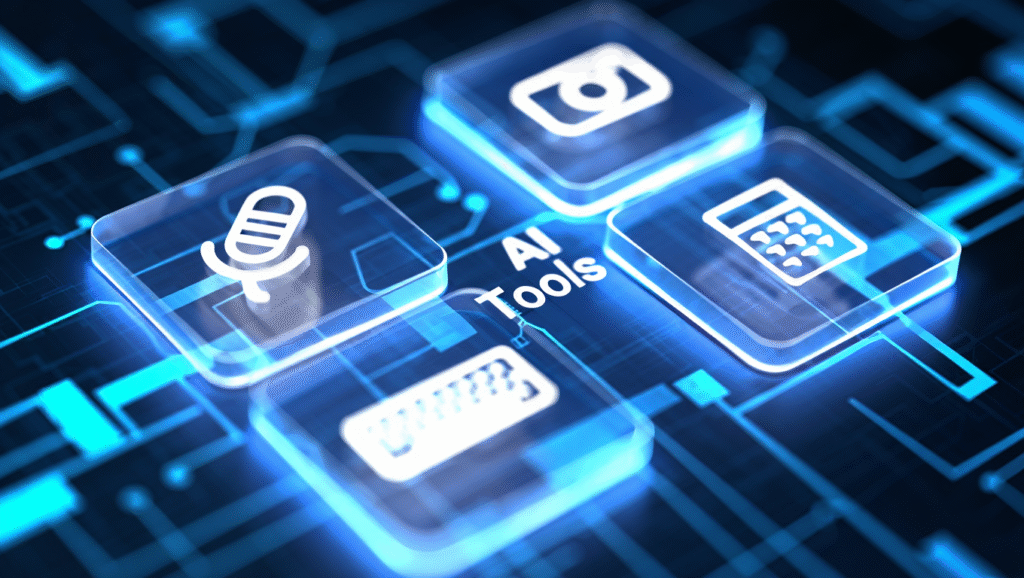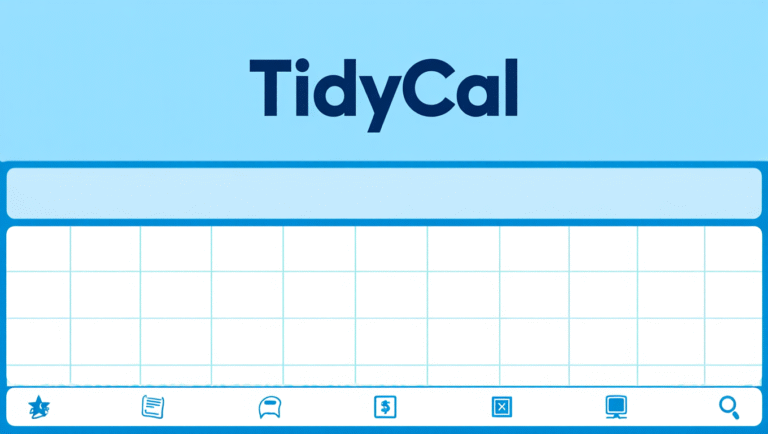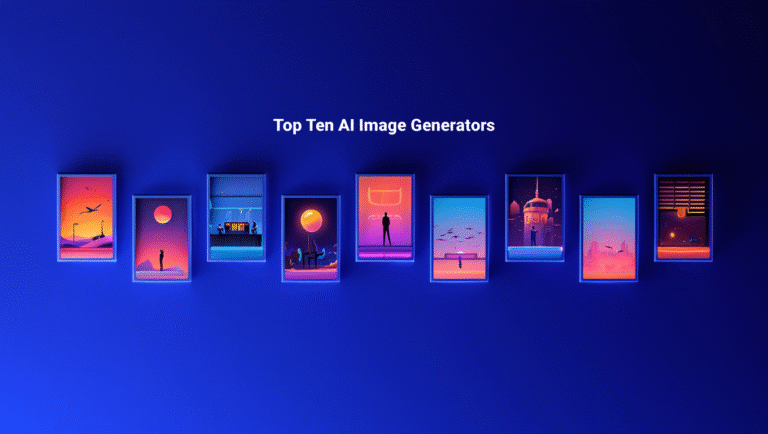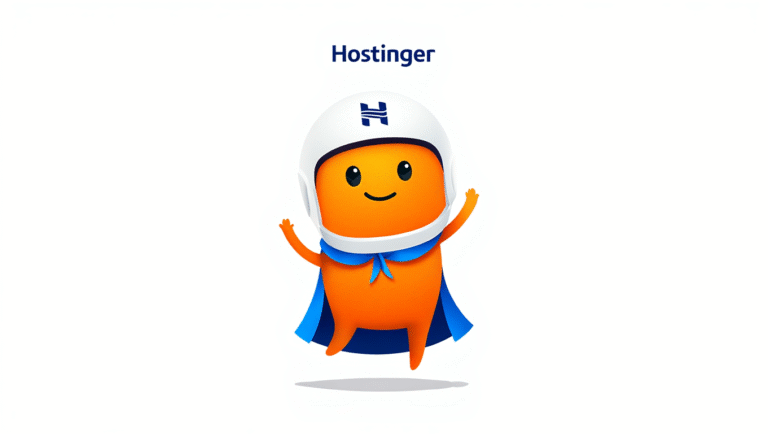In the ever-evolving landscape of technology, Artificial Intelligence (AI) continues to redefine how we work, create, and innovate. Whether you’re a business owner trying to streamline operations, a content creator aiming for efficiency, or simply someone looking to simplify everyday tasks, AI tools are no longer just an option—they’re a necessity.
But what exactly makes AI tools so indispensable in 2025? And which ones are worth your time?
Let’s dive in.

Why Do We Use AI Tools in 2025?
1. Efficiency at Its Peak
AI tools save time—lots of it. From automating repetitive tasks to analyzing data in seconds, these tools handle hours of work in mere minutes. That means more time for strategic thinking and creative output.
2. Unmatched Accuracy
Human error is inevitable, but AI tools have improved to a point where precision is no longer a bonus—it’s the baseline. In industries like finance, healthcare, and marketing, that level of accuracy can be the difference between success and failure.
3. Cost-Effective Solutions
Hiring a full team of professionals for every task isn’t always feasible. AI tools fill in the gaps. Whether it’s customer service chatbots or automated design platforms, businesses are cutting costs without compromising quality.
4. Scalability
AI allows businesses of all sizes to scale operations without overextending their resources. A single tool can support thousands of customer queries or generate hundreds of content pieces—instantly adapting to demand.
5. Smart Decision-Making
AI doesn’t just process data—it understands it. With predictive analytics and real-time insights, AI tools help you make informed, strategic decisions that were once based on guesswork.
Top 5 AI Tools to Use in 2025
Here’s a look at five AI tools that are leading the way in 2025 and genuinely changing the game.
1. ChatGPT (OpenAI)
Best for: Content creation, ideation, coding assistance, conversation
ChatGPT has evolved into more than just a chatbot. In 2025, it’s your brainstorming partner, research assistant, and productivity booster all rolled into one. From writing SEO blogs to helping developers debug code, its natural language capabilities are sharper than ever.
Features:
- Contextual memory for better conversations
- Multimodal support (text + image input)
- Plugin integration for real-time data
2. Notion AI
Best for: Task management, knowledge organization, writing assistance
Notion AI enhances the popular productivity platform by integrating smart features like automated summaries, to-do list generators, and project tracking. It’s a writer’s and project manager’s best friend.
Features:
- Intelligent note-taking and summarizing
- Meeting recap generation
- Seamless integration with your workspace
3. Jasper AI
Best for: Marketing content, ad copy, brand storytelling
Jasper specializes in creating persuasive, brand-aligned copy across platforms. With templates for ads, landing pages, and even emails, it helps businesses scale content without losing their voice.
Features:
- Brand voice training
- SEO-focused templates
- Campaign builder tools
4. Synthesia
Best for: AI video creation, training content, tutorials
Synthesia allows anyone to create professional-grade videos with AI avatars. Perfect for corporate training, YouTube content, or explainer videos without hiring actors or editors.
Features:
- 100+ avatars and 120+ languages
- Script-to-video conversion
- Custom avatars and branding options
5. Runway ML
Best for: AI video editing, content generation, creative workflows
Runway has quickly become a staple for creators looking to blend creativity with automation. From background removal to text-to-video generation, it’s a powerhouse for visual storytelling.
Features:
- Gen-3 AI video creation
- Image and video editing with natural language
- Seamless integration with design pipelines
Final Thoughts
AI tools in 2025 are not here to replace us—they’re here to elevate what we can do. The smartest move isn’t to resist the rise of AI, but to embrace it strategically.
By adopting the right tools, we gain an edge—more time, more accuracy, more output, and most importantly, more room to be human.
As we move forward in this AI-enhanced world, the question is no longer “Should I use AI?” but “Which AI tool is right for me?”



